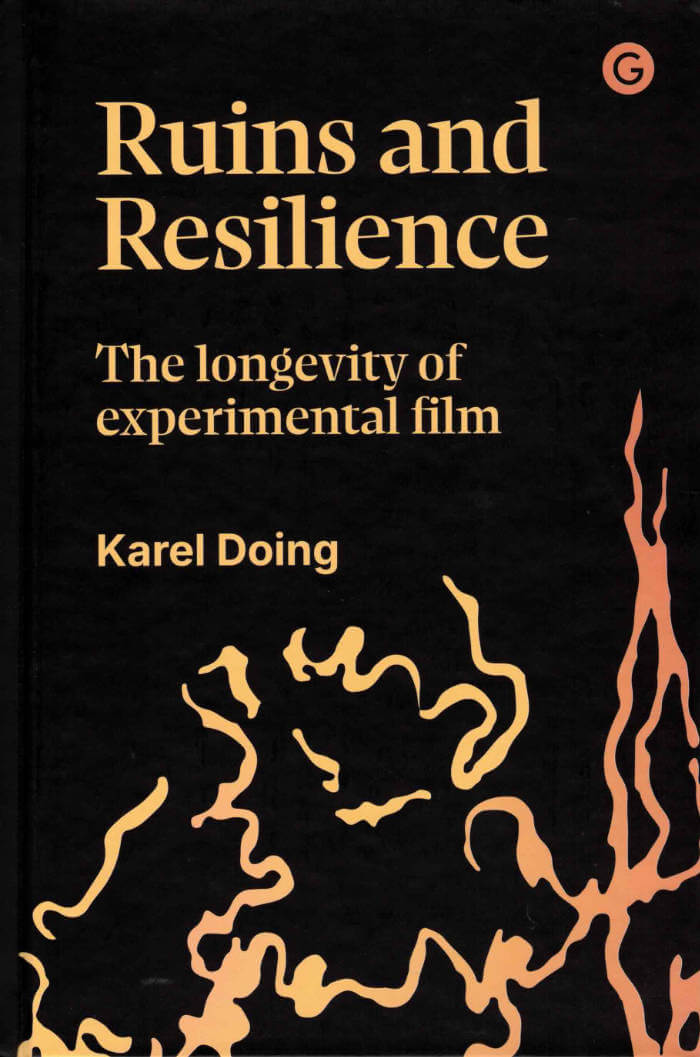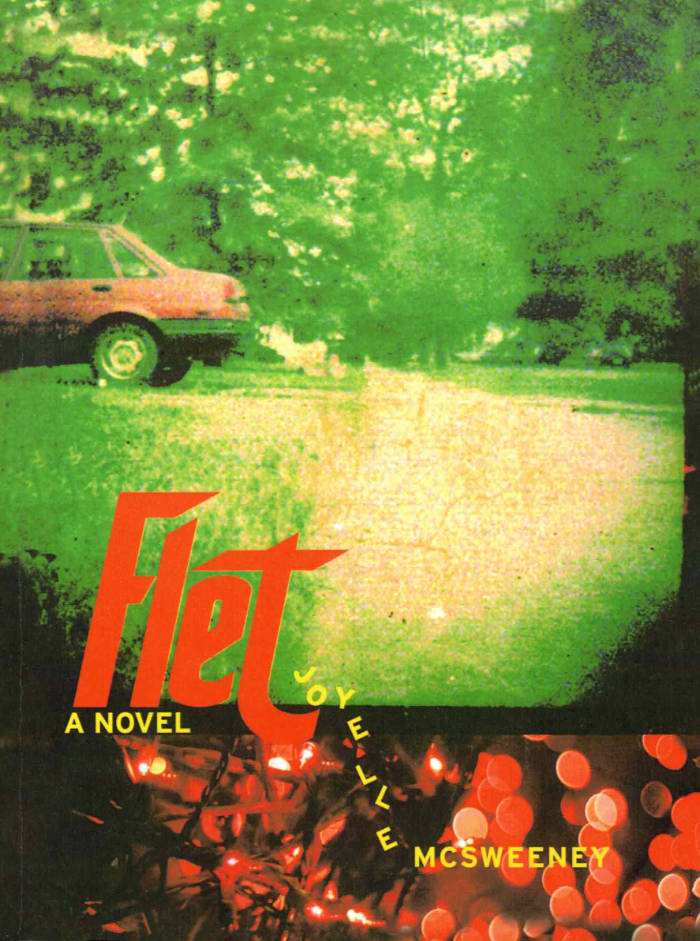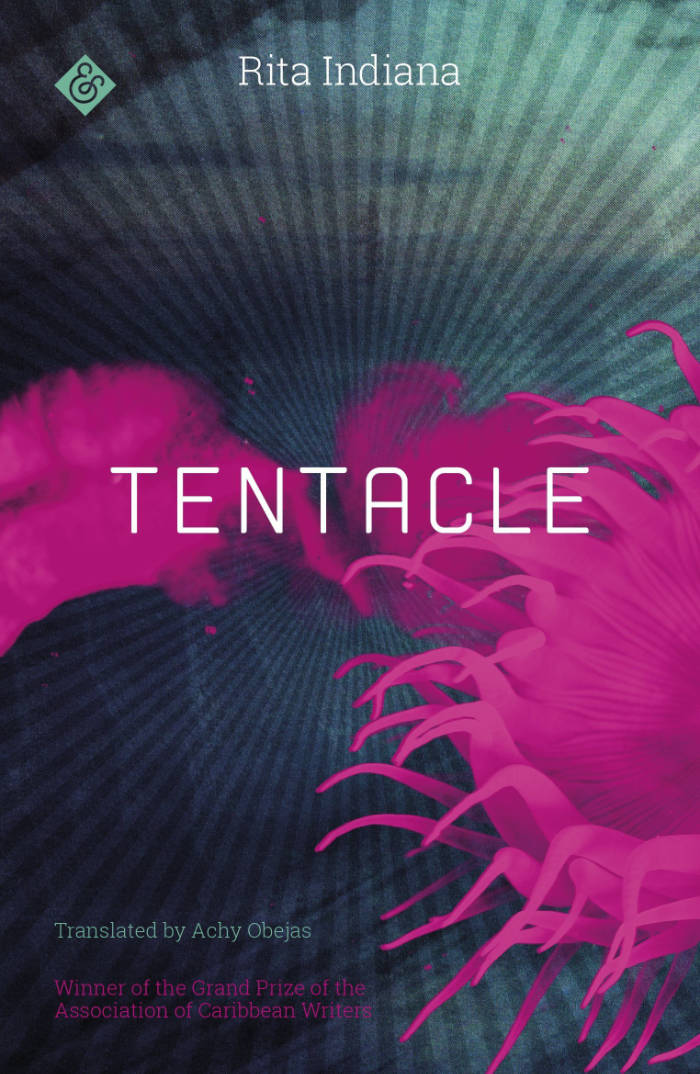
Little Sisters and Other Stories
Selected short stories by one of the most acclaimed voices in post-war US American science fiction.
This volume presents a selection of short fiction by Vonda Neel McIntyre (1948–2019), one of the most acclaimed writers of post-war US American science fiction, and the winner of multiple awards for both novels and short fiction.
These stories, which span the whole of McIntyre's career, show the broad range of her interests and her voice, taking us from bleak dystopian worlds on the verge of environmental collapse to baroque intergalactic civilizations populated by genetically modified humans, from cries for freedom to sharp-eyed satire to meditations on aging. Throughout run her distinctive themes of gender and power dynamics, human and species diversity, and a pragmatic utopianism that emphasises our mutual dependency.
The stories included in the volume are: "Breaking Point," "Thanatos," "Shadows, Moving," "Elfleda," "A Story for Eilonwy," "Malheur Maar," "The Adventure of the Field Theorems," "Little Faces", "Little Sisters," and "XYY" (previously unpublished).
Vonda Neel McIntyre (1948–2019) was one of the most acclaimed voices in US American science fiction from the 1960s onwards. A novelist, short story writer, essayist, and critic, she won her first Hugo Award in 1973 for her novella "Of Mist, and Grass, and Sand." This formed part of her ground-breaking feminist novel Dreamsnake (1978), which won both the Hugo and the Nebula Award. A later novel, The Moon and the Sun, won the Nebula in 1997. McIntyre contributed extensively to debates within the US sf community over the role of women in science fiction, and was instrumental in founding the Clarion West Writers Workshop for novice sf writers. A final novel, The Curve of the World, was completed shortly before her death.






